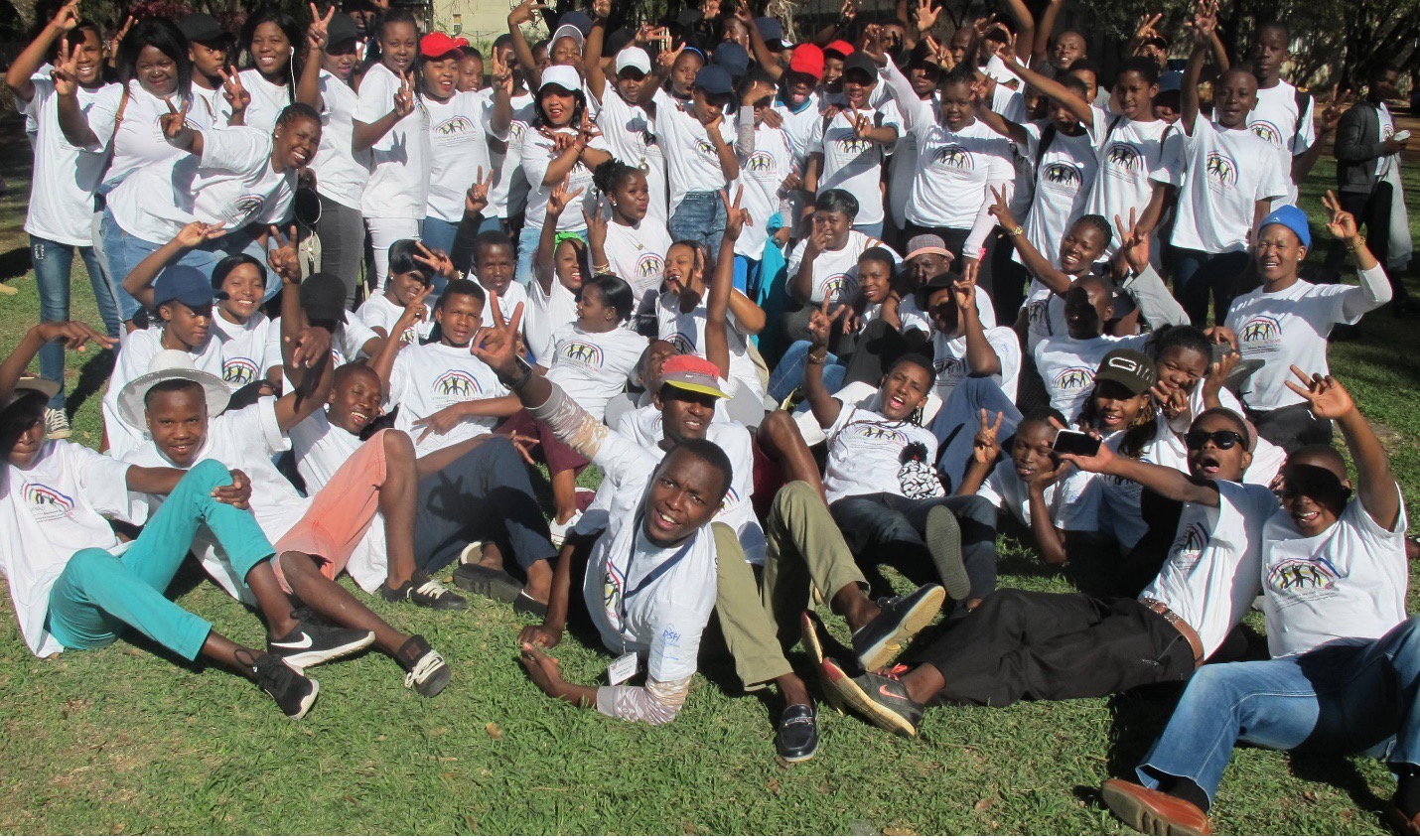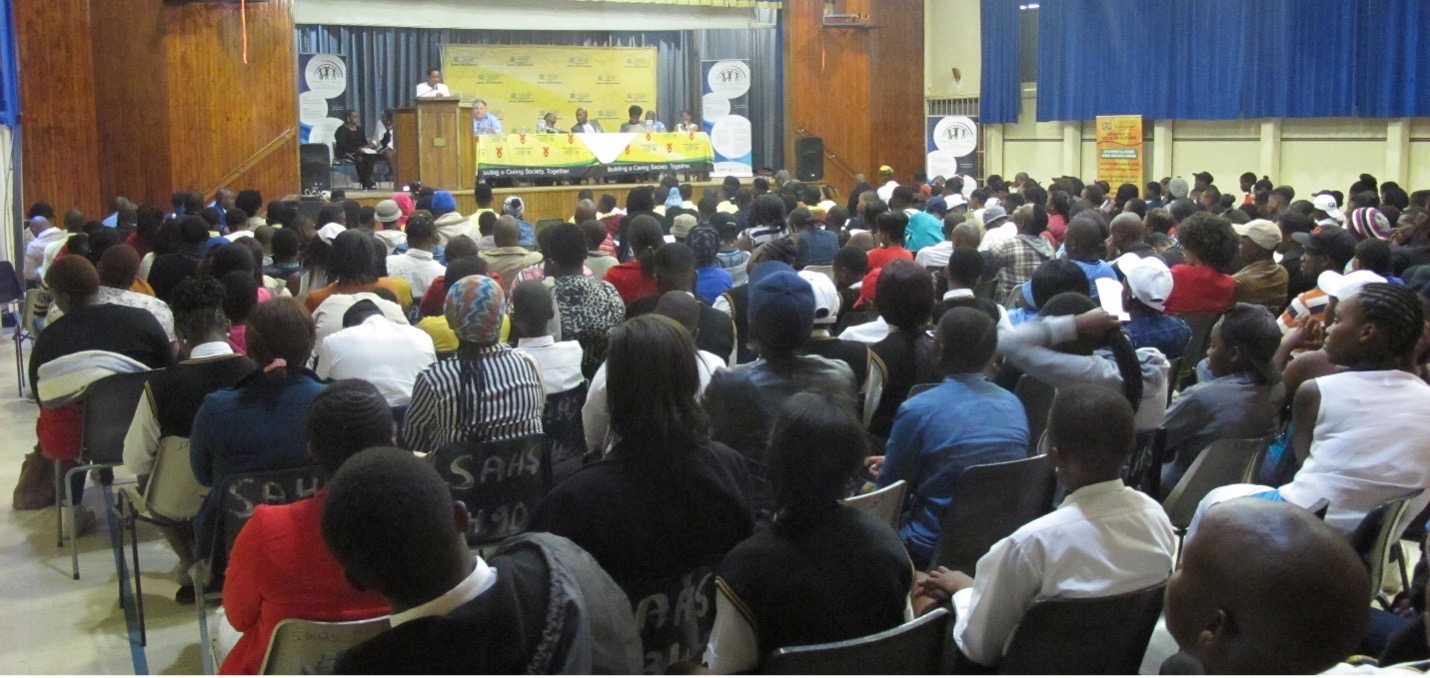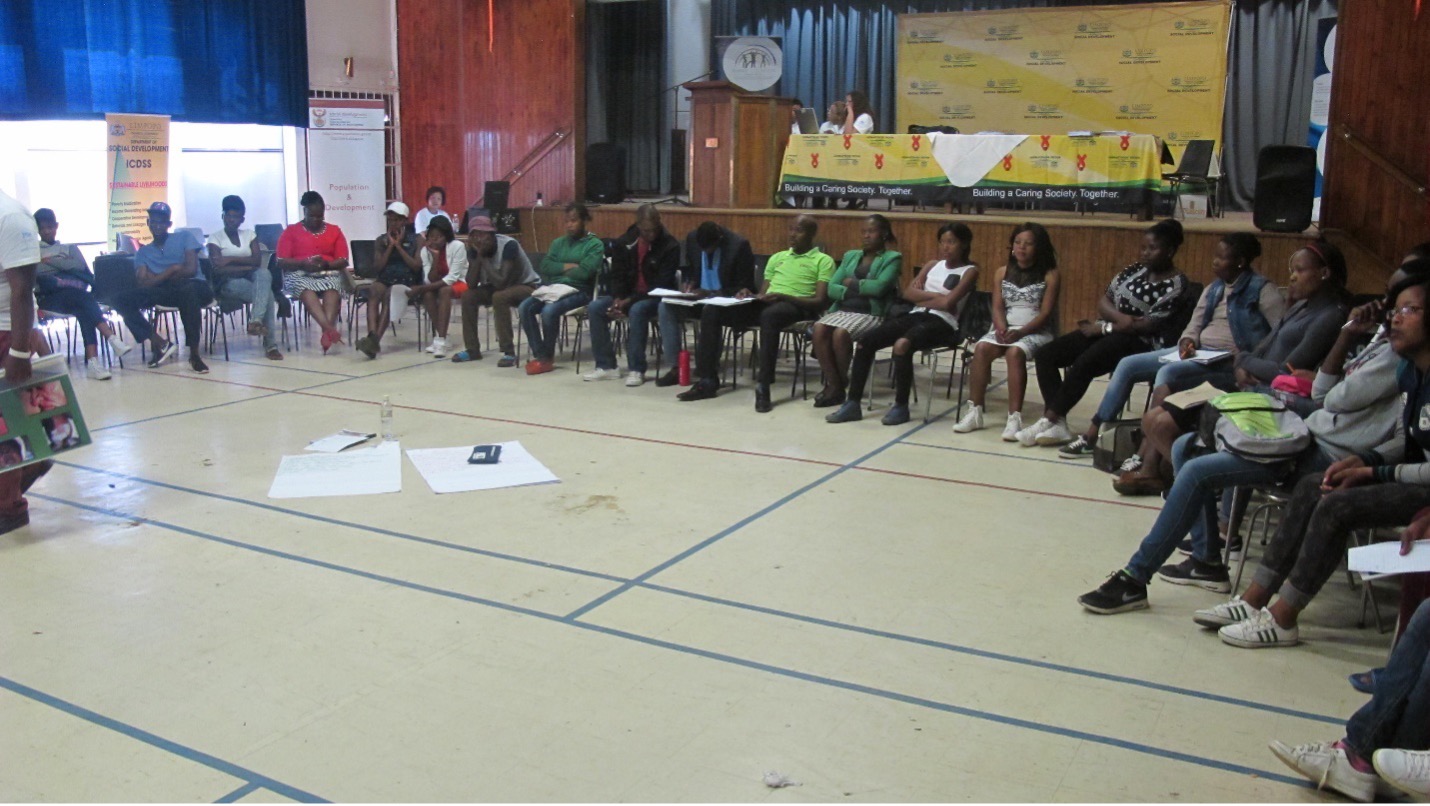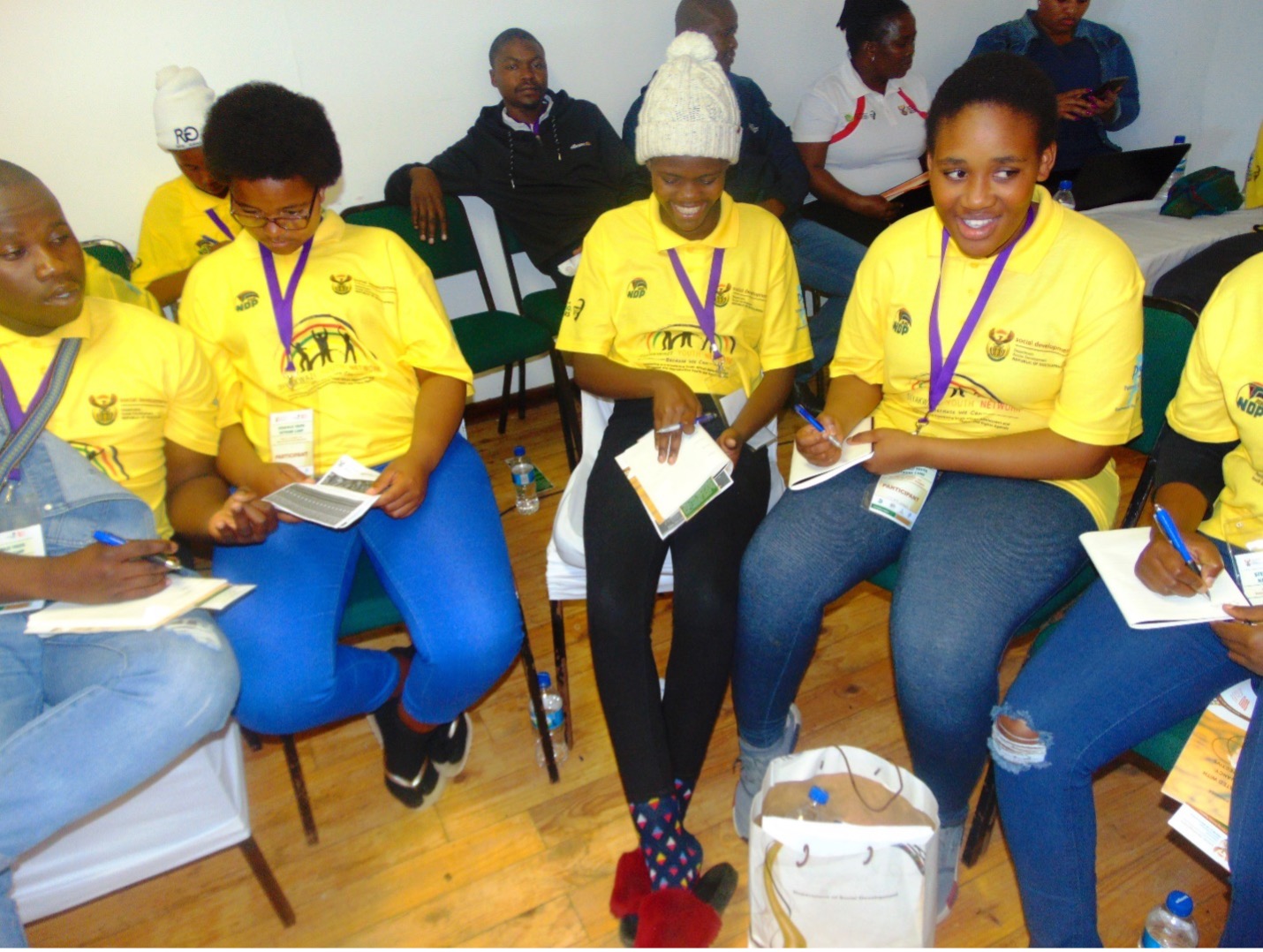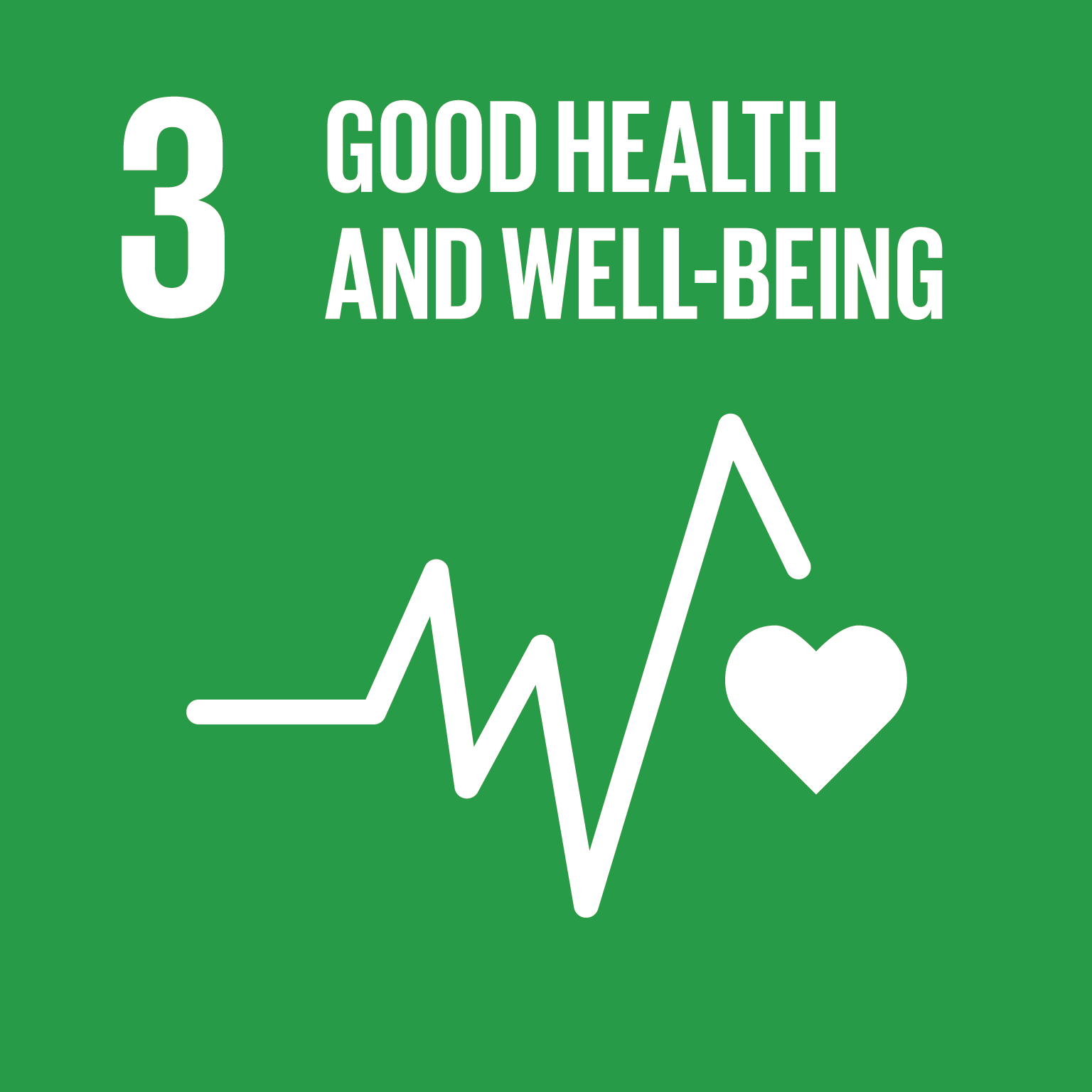 Siyakwazi Youth Network
Advancing youth sexual and reproductive health and rights advocacy through civil society–government partnership in South Africa
Siyakwazi Youth Network
Advancing youth sexual and reproductive health and rights advocacy through civil society–government partnership in South Africa

Challenges
Despite the existence of a comprehensive legal and policy framework for Sexual and Reproductive Health and Rights (SRHR), South Africa faces challenges of youth inclusion in the provision of SRHR services. These services include family planning, maternal health, preventing and treating sexually transmitted infections including HIV/AIDS, abortion and health information sharing.
Barriers to accessing SRHR services by South African youth are mainly related to cost, the non-youth-friendly attitude of staff, inaccessibility of clinics, limited privacy and confidentiality. Other factors include fear of judgment, social norms and perceptions of young people’s agency and rights to SRHR, and structural barriers, including physical and communication barriers at health care facilities that hamper access, including for young people living with disabilities. There is growing recognition for the need to address the problem of access to SRHR services by youth in South Africa.
Towards a Solution
The Siyakwazi Youth Network (SYN) works to produce a generation of youth advocates and leaders in SRHR in South Africa. SYN is grounded in the recognition of youth as civil society activists with the capacity and power to be significant agents of positive change. It focuses on improving the SRHR outcomes of young people in South Africa and encouraging youth to meaningfully engage as active citizens, particularly in decision-making contributing to the attainment of SDG 3 (Good Health and Well-being).
The Siyakwazi Youth Network was created in 2015 as a platform for dialogue among young people to increase understanding of SRHR issues and forge a collective voice. The first SRHR-related network in South Africa, SYN brings youth concerns to the fore through sustainable support and tangible interventions. It promotes youth agency through creating a critical mass of youth who can critically analyze and interrogate policies and engage in SRHR advocacy. SYN creates and sustains mentorship and coaching through training to build capacity for the execution of national and province-specific advocacy plans and initiatives.
The network is a civil society–government partnership. SYN was initi- ated by the Partners in Sexual Health (PSH) in collaboration with the National Population Unit (NPU) and Provincial Population Units (PPUs), located in the national and provincial offices of the Department of Social Development (DSD), and the National Youth Development Agency (NYDA) in South Africa. The partnership arrangement is based on the principle of‘voluntary trust-based partnership’that recognizes trust as an essential component. The partnership is grounded in win-win principles and the need to leverage different capacities of the partner organizations. It complements the Department of Social Development’s activities to achieve its strategic plans through PSH’s capacity for community organizing and its technical capacity for training on advocacy of SRHR issues. Additionally, PSH facilitates the formulation of action plans for youth on advocacy and implementation of these plans. Engagement with Department of Social Development provincial offices ensures inclusion of provincial population units, so that young people have access to provincial population offices to support the implementation of action plans. SYN creates a platform to amplify the voices of youth on SRHR issues and some SYN youth work with communities to identify issues that are relevant to them and conduct activities to advocate for change. Advocacy activities are implemented through existing local institutions, such as traditional leadership structures, schools and youth parliamentarians. The network is facilitated by a youth Steering Committee through various social media and other platforms, like radio. SYN applies an all-inclusive approach that promotes diversity and inclusion and avoids discrimination based on gender, race, social marginalization and sexual orientation.
Since December 2016, SYN has registered more than 10,000 youth members. SYN has created an environment in which young people can interact and engage both with each other as well as with experts on SRHR matters, including sharing experiences and practices through increased access to SRHR information and knowledge. The network has disseminated SRHR information via a variety of platforms, including a regular newsletter BecauseWeCan, social media platforms and the Siyakwazi radio station. Additionally, SYN facilitated the establishment of a number of youth-led movements. Examples of policy influence include SYN contributions towards the Southern Africa Development Community (SADC) SRHR Framework Strategy. The Network has created an environment in which young people interact and engage both with each other as well as with experts on SRHR matters, including sharing experiences and practices through increased access to SRHR information and knowledge. The deployment of youth representatives in key national decision-making structures in South Africa through SYN advocacy may positively impact future streams related to youth development.
Regarding sustainability, a notable characteristic of SYN is its relative success despite limited funding. A key success factor of the SYN model is that it falls within the broader Because We Can! (BWC) youth movement (www.psh.org.za/bwc-movement) which covers eight countries in Southern Africa and has ownership by a wide range of stakeholders. Under the umbrella of the Because We Can! movement, SYN has been shared with other countries in the region through South-South cooperation, including Botswana, Eswatini and Namibia.
The replicability of the SYN in other contexts is subject to several fundamentals that need to be in place. Conducive policy environments coupled with high levels of political will are needed. Also, traditional, cultural and religious norms often pose a significant challenge to the advancement of youth SRHR initiatives in Africa and hinder dialogue on more sensitive SRHR issues in relation to promoting youth agency. There is a deep need for appreciating these socio-cultural dynamics.
Contact Information
Countries involved
Supported by
Implementing Entities
Project Status
Project Period
URL of the practice
Primary SDG
Primary SDG Targets
Secondary SDGs
Secondary SDG Targets
Similar Solutions
| NAME OF SOLUTION | Countries | SDG | Project Status | |
|---|---|---|---|---|
Accelerating the Implementation of African Union Treaties in São Tomé and Príncipe South-South learning from the Beninese judicial system’s experience in the application of human rights treaties to its national law |
South Africa | 05 - Gender Equality | Completed | View Details |
Accelerating the Transformational Shift to a Low-Carbon Economy in Mauritius Towards supplying 35 percent of the country’s energy needs with renewables by 2025 |
South Africa | 05 - Gender Equality 09 - Industry, Innovation and Infrastructure 13 - Climate Action | Ongoing | View Details |
Access to Justice through e-Services and Dematerialized Case Management Scaling up connectivity and unlocking the digital potential of judicial institutions to enhance access to justice for all |
South Africa | 05 - Gender Equality | Completed | View Details |
Action Plan on Gender Equality and the Empowerment of Women at the National Level in the Arab Region Mainstreaming gender action within national institutions in the Arab region |
South Africa | 05 - Gender Equality | Completed | View Details |
Adapting Digital Payment to Initiate Rapid Response During Pandemic Bangladesh government disbursed cash aid to 5 million most vulnerable families through mobile financial service in order to minimize the financial impact during COVID 19 within the shortest period of time. |
South Africa | 03 - Good Health and Well-being 05 - Gender Equality | Completed | View Details |
